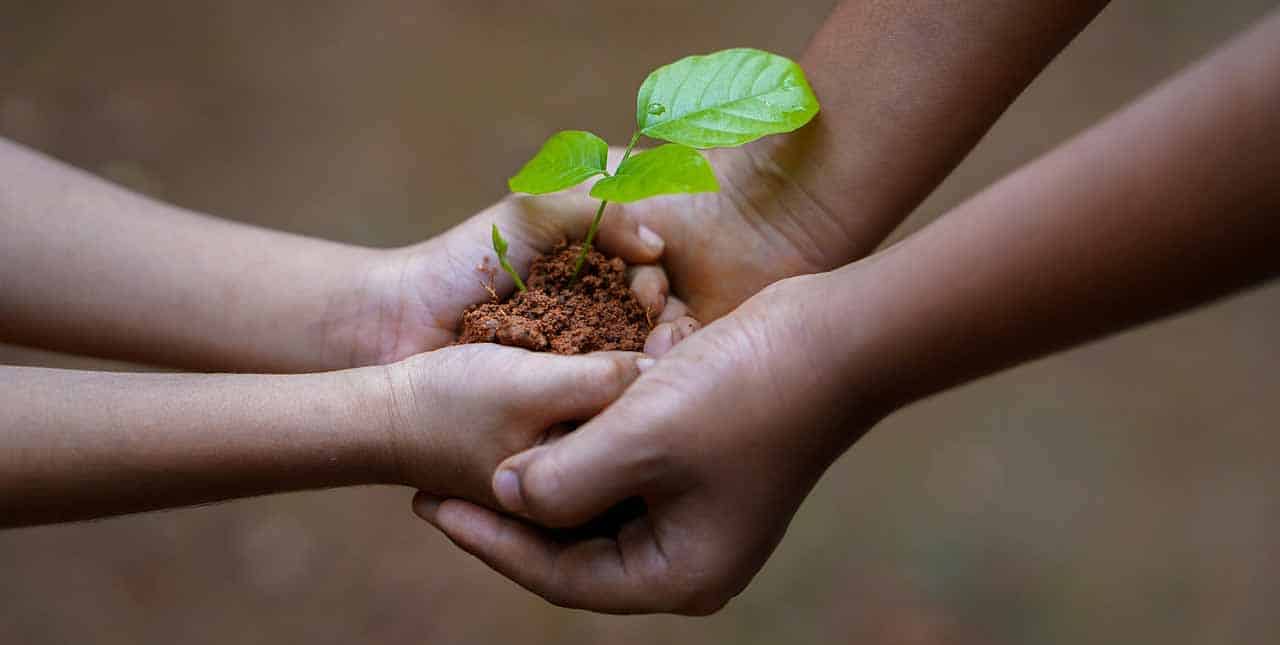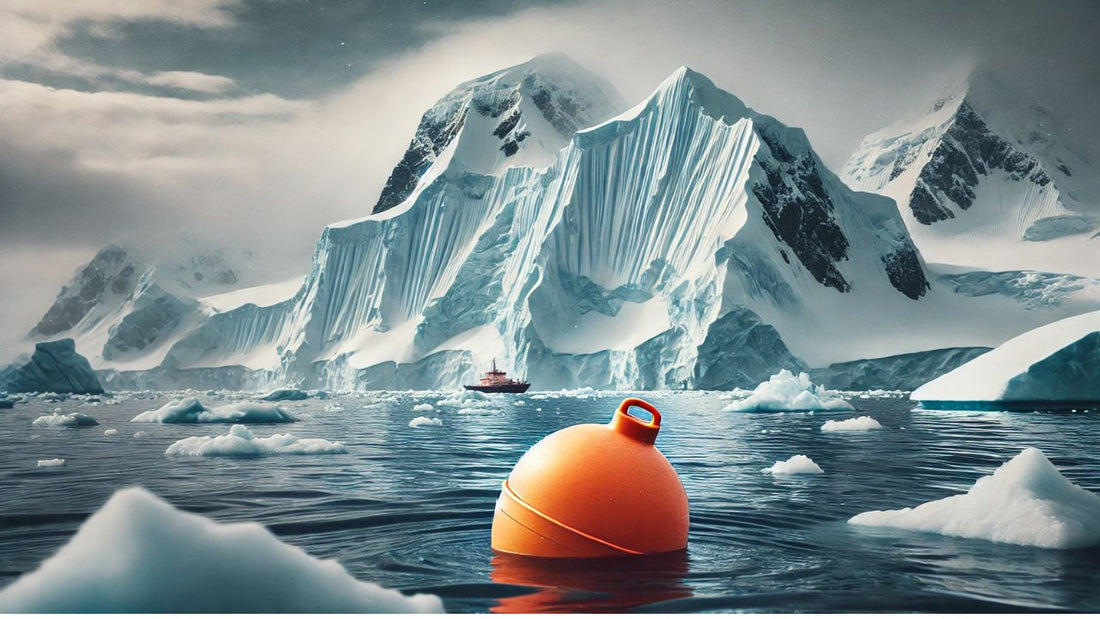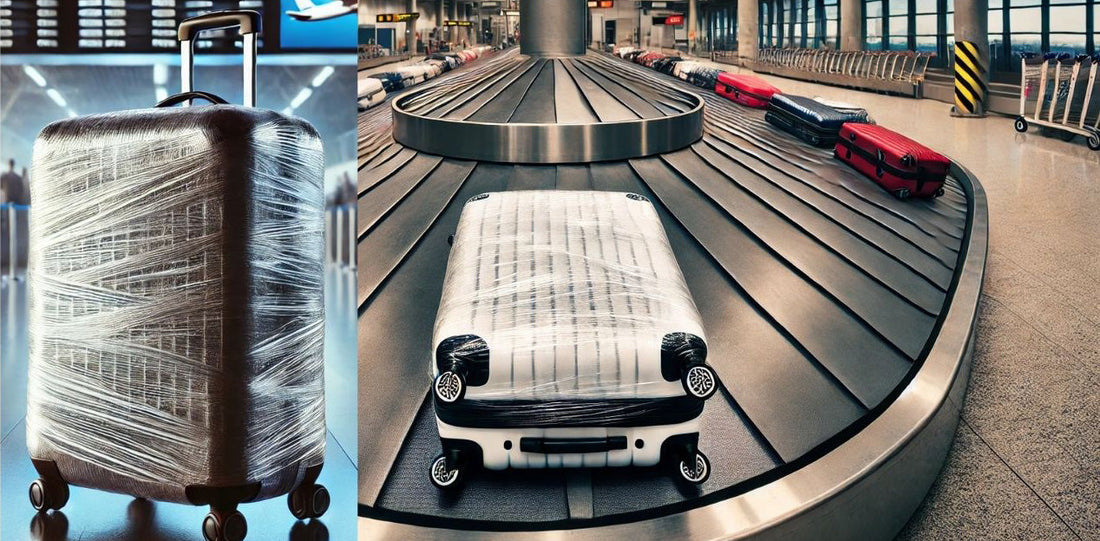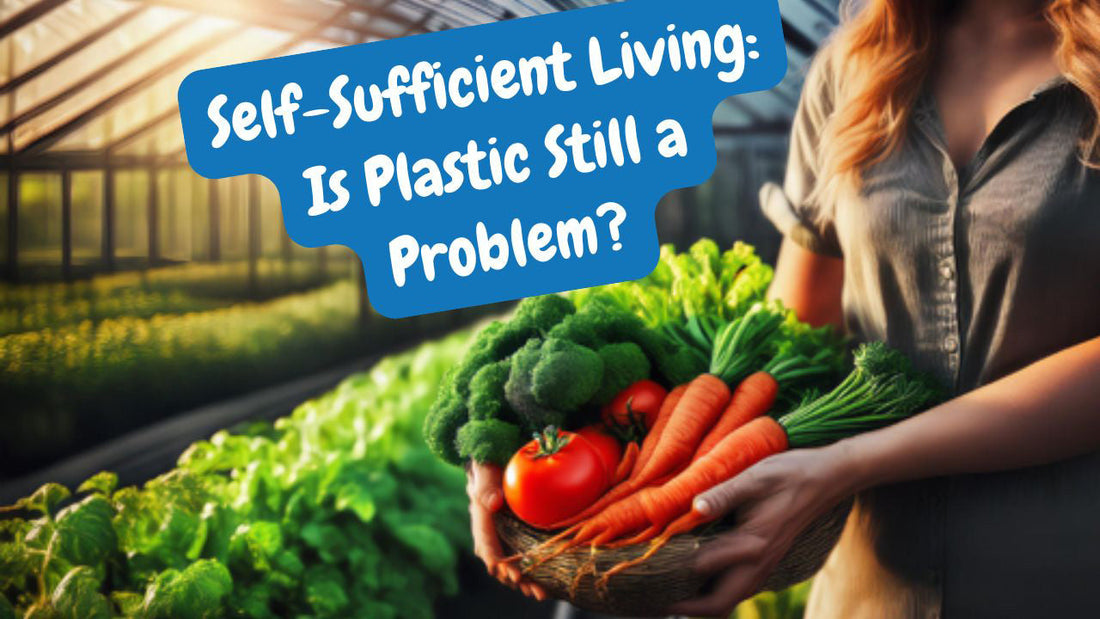Preserving Resources and Saving Money
Are you familiar with zero waste week? Perhaps you’ve heard of zero waste and thought “that’s ridiculous it’s not possible to create no waste”. You’d be correct with those thoughts, however as we’ve highlighted in previous articles on zero waste, the zero is not a number — it’s a goal.
The Goal: reuse and recovery of products, thereby eliminating waste ending up in landfill, water or air.
Founded in the United Kingdom in 2008 by Rachelle Strauss, an award-winning sustainability consultant, Zero Waste Week has grown an international following of over 56 million participants worldwide.
This year zero waste week will take place from September 6 to 10, 2021. The campaign aims to help households, businesses, schools and community groups increase recycling and reduce landfill waste.
Zero Waste Week recognises the need for composting organic food waste rather than placing food in landfill where it produces methane, a global warming greenhouse gas. The campaign also tackles the problem of disposal products, such as plastic packaging that continues to add environmental pollution in both volume and toxicity.
Where does one start to make changes to their household routine in order to reduce waste? The best way is to follow the 5 R’s of Zero Waste:

1. Refuse: The first step towards reducing waste is to simply refuse. Where possible refuse to purchase items that are packaged in plastic. Question if you really need that product or not. Is there a plastic free alternative? Is there a reusable alternative? Do you really need that bottle of water, or that smoothie that comes in a disposable plastic cup, or is there a better more eco-friendly, less wasteful option available?
2. Reduce: By simply refusing to purchase a product packaged in plastic you are already making a reduction in your consumption. The second tier in the hierarchy is also aimed at minimising the quantity of items you purchase, their toxicity and ecological footprint.
3. Reuse: Our forefathers were leaders in this type of lifestyle — reusing what they have before purchasing something new. It’s definitively a habit more of us need to peruse.
4. Recycle: Although the Zero Waste Hierarchy places recycling in the fourth position, we would encourage you to move it to the end of the waste hierarchy. Why? Because recycling is not the solution the plastic pollution problem. Over the past 40 years of constant recycling campaigns, we continue to have issues surrounding plastic pollution. Clearly the message that recycling is the answer to our waste management problems has not worked. We really need to strongly highlight Refusal and also Rot — purchasing less products that are packaged and plastic and more items that are compostable, along with the implementation of composting in both household and business settings.
5. Rot: When we talk about rot it’s not in reference to items rotting in landfill, but rather it’s a reference to composting. There are many different ways one can implement composting in their homes. Whether you have a small space or a large space, whether you're wanting to use your composted materials for gardening or not, there are a variety of solutions that can fit your lifestyle. We have discussed several of these different methods in our article 5 Ways to Compost.
Although Zero Waste Week takes place between September 6 to 10, it doesn’t mean that one should reduce their waste only during this period. Like the month dedicated to Plastic Free July, Zero Waste Week is simply an awareness campaign, designed to challenge the way you view waste.
It’s said it can take just 18 to 21 days to form new habits, we encourage to you take a look at what changes you can make today to start forming new zero waste habits.
To learn more about Zero Waste Week visit our pervious blog post: Zero Waste — it’s not measured in numbers.





